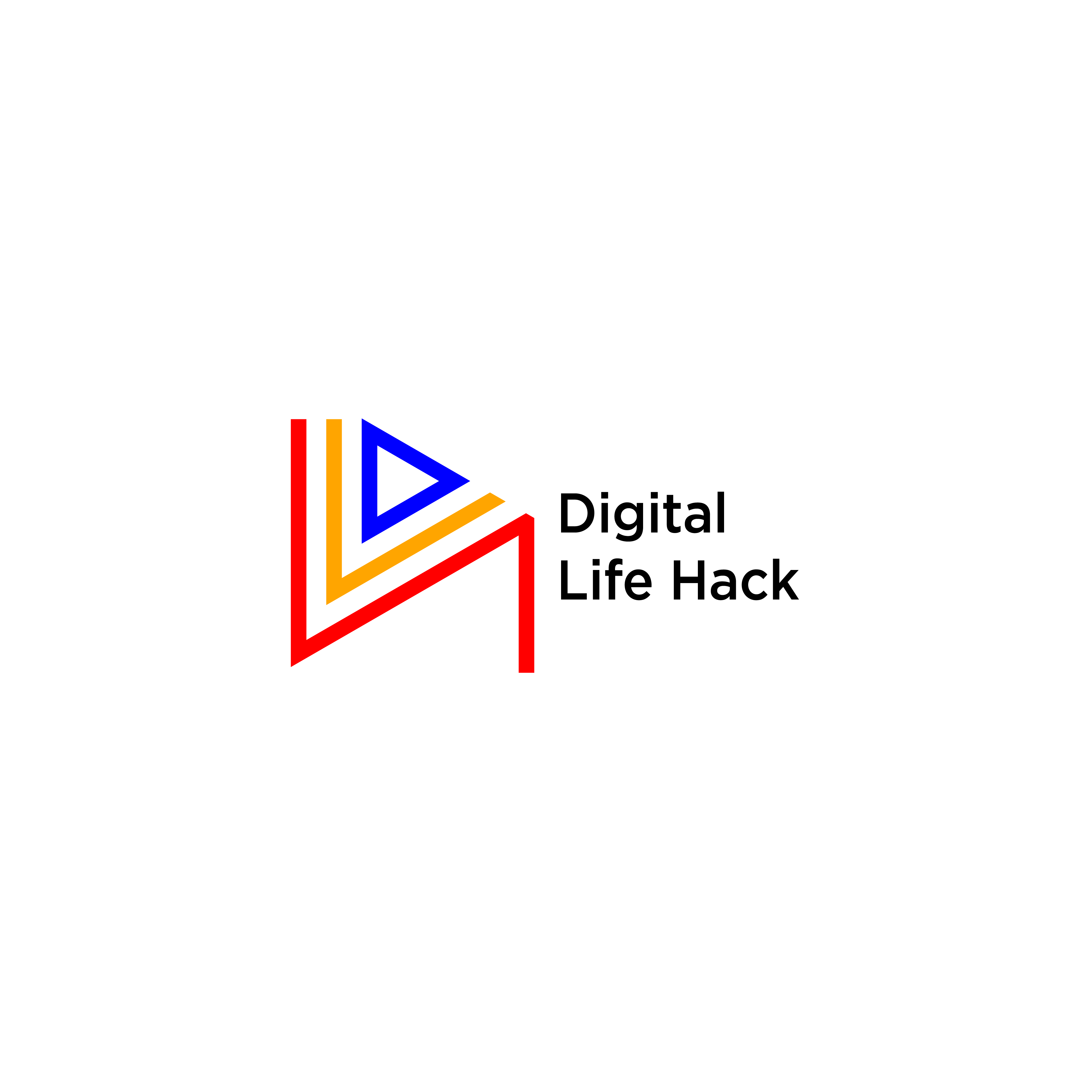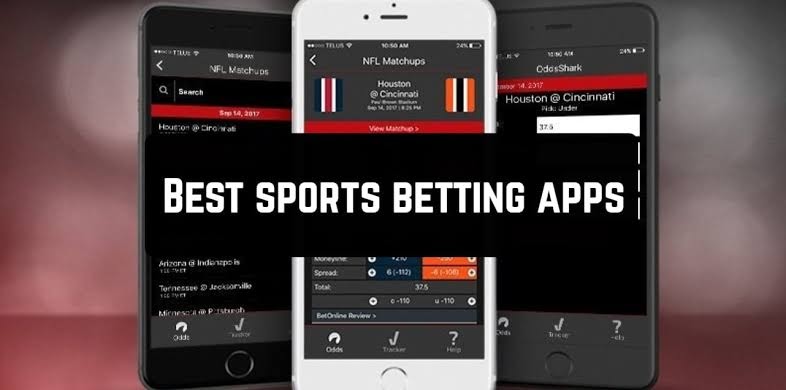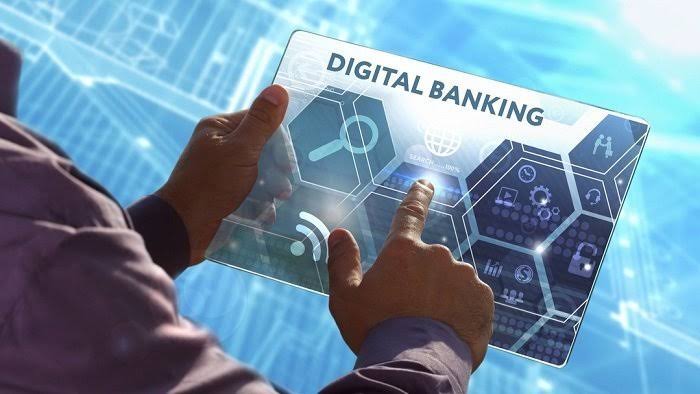Do you know that we are in the 21st century and about 75% of the world’s population, including developed, developing, and underdeveloped countries have resorted to digital banking?
Ever wondered why?
The reason is that everything in this world is getting digitized! Technology and the internet have proven to be great assistants to us in every aspect of our lives because they’ve done many good things, from little things like blenders to massive things like sports and entertainment. Even the banking system isn’t left out at all as technology has added value to us and made our lives and daily activities better by helping us to manage our finances.
Simply put, life has been made much easier since the advent of digital banking, its services, and operations. Most people, both in the younger generation and older generation no longer stand in the queue at any local bank when they can easily operate their bank accounts from their mobile phones and laptops.
Mobile/online banks offer a great deal of ease, comfort, and security. You can check the amount of money in your bank account right from your mobile phone without going to the bank to check what your account balance is. Also, it is super easy to access your funds from anywhere in the world as long as you have a working phone and a good internet connection.
You can easily do anything you have done in a local bank before: withdrawals, deposits, transfers, loan requests, and even to open an account online.
People now have more methods than ever to access the tasks they need to keep their money in order. Thanks to digital banking, which includes online and mobile banking!
Day-to-day financial activities are now being moved to internet platforms due to digital banking. This process of digitizing banking activities includes online account administration, transfers and withdrawals, bill payment, and account loan management. Customers now have easier access to mobile devices that allow them to access online and digital services as a result of technological advancements.
History of Digital Banking
Temenos AG, a banking software system vendor that services retail, private, corporate, community, and other types of banks, was formed in 1993.
In 1994, one of the earliest online banking/financial software packages, Microsoft Money, included online banking in its operations.
Tangerine, Canada’s first digital-only bank, was launched in 1997.
The United States established Internet Bank, the region’s first digital-only bank in 1998.
Online banking reached more than 20 million unique users, with at least eight separate US banks surpassing the 1 million user mark in the year 2000.
In 2007, the first iPhone was released, signaling the start of a key move to digital banking, with users being able to access their banking information on the go.
In the United States alone, 54 million people use online banking as of 2009.
In the year 2016, Millennials drove the shift to digital banking preferences, signaling to banks that more online solutions are needed.
In 2018, Temenos acquired competitors and became the market leader in digital customer alternatives for most financial institutions.
Temenos acquires mobile app leaders in 2019 to build a digital banking empire.
It appears that digital banking isn’t just the future, with the ability to access everyday banking tasks via a computer or mobile device and the capacity to enable cashless transactions at a wide range of establishments.
What does digital banking really mean, and how is it different from traditional banking?
The following information will help you understand what digital banking is, what it entails, and other new terminology you may have encountered in digital banking discussions. You’ll also be able to learn about the advantages of digital banking and how it affects your banking now and in the future.
Online and mobile banking work together to form the digital banking umbrella, enabling customers to access their accounts no matter where they are—or, in certain situations, where they have access to secure Wi-Fi and a strong cell connection.
As compensation for the lack of an in-person branch experience, the bulk of these online banks offer streamlined banking functions, low- to no-fee structures, and higher-than-average interest rates.
These banks can cut operational expenses and let more individuals access banking services by offering more simplified, online, and mobile-only product offers. Online banks are also moving beyond personal banking into the business realm. Small business owners and entrepreneurs can choose from a variety of online business banks tailored to their needs, delivering the greatest business banking experience at their fingertips.
Advantages of digital banking
Access:
Digital banking gives you access to your bank accounts via desktop and mobile devices, so you’re not limited to bank hours to handle your funds. There are numerous ways for withdrawing money, depositing checks, and transferring funds without stepping into a bank.
More options on mobile:
There are numerous options for depositing checks, transferring funds, managing loans, and full-stack customer support without going to the bank, and all of these have been revolutionized by technological advancements.
Better Interest rates and lower fees:
Consumers now have options outside their local brick-and-mortar financial institutions, thanks to online banks driving down expenses. Comparing rates and charge structures to discover the best bank for your needs is simple.
Security:
Since the entire industry has switched to more digital banking solutions, cybersecurity and data protection have improved dramatically. Digital banking also allows you to check your account history and transactions from anywhere, making account security and access to regular bank statements a breeze.
Take Note!
If you’re thinking about using one of the many online banks, make sure to ask about FDIC or NCUA protection. To ensure that your deposit funds are insured, you’ll want to know with which financial institution an online bank is registered. If you can’t find this information easily, you might want to look for a different online bank.
Conclusion
Digital banking has become a very fashionable and worthwhile investment for banks. Customers, as well as their businesses, have become the focus of online banking
Banking is moving toward a digital world in order to serve more customers in a better and more effective manner. Banking services will aid in the expansion of the sector as technology advances.
























